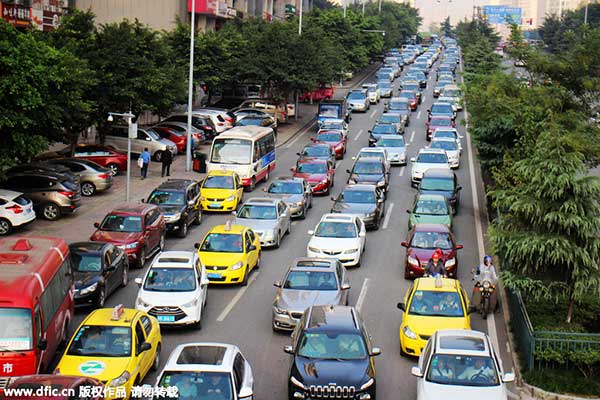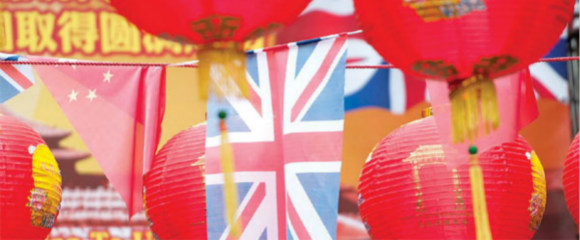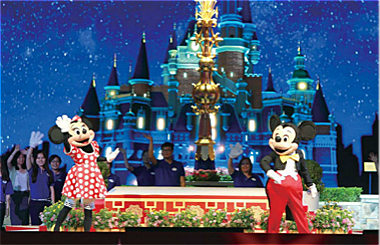Chongqing, not Beijing, ranked as China's most congested city
Updated: 2016-01-21 11:11
(Xinhua)
|
|||||||||||
|
 |
|
A jammed up road in downtown Chongqing, on the morning of Oct 15, 2015.[Photo/IC] |
BEIJING - Beijing is well known for its notorious traffic jam during rush hours. But the western Chinese municipality of Chongqing was even worse, according to a report by China's biggest car-hailing app Didi Kuaidi.using its Internet-based big data analysis.
In its first ever China Urban Smart Transportation Report released on Wednesday, Didi Kuaidi ranked Chongqing as the country's most congested city, followed by Qingdao and Guangzhou, beating the megacities like Beijing and Shanghai. Beijing only came in the fourth place while Shanghai finished the eighth.
Analyzing its 1.43 billion rides by its 300 million app users in 2015, Didi said traffic congestion has already spread to China's second- and third-tier cities amid the country's rapid urbanization and car purchases wave.
Since overtaking the Untied States to become the world's top automobile market in 2009, China has retained its position as the world's largest driver in car production and sales, producing and selling more than 24.5 million vehicles respectively in 2015.
With more than 10 million registered drivers, the indigenous Didi currently has a share of more than 87 percent of the private car-hailing market and over 99 percent of the taxi-hailing market in China, far exceeding that for the late comer Uber.
According to the big data report, the average commuting distance in China's first-tier cities -- Beijing, Shanghai, Guangzhou and Shenzhen -- is 17 km, compared with 14 km for second-tier cities. Commuting Beijingers had to travel the longest 19.2 km and 52 minutes on average from their home to work places last year, while people in northeastern city of Dalian only had to traverse 11.8 km in 31.5 minutes.
According to Didi, poor and inefficient road transportation is a major cause to smog that affects people's health and hurting social vitality. For example, during the period of the most polluted days from Nov. 8 to Dec. 8 in Beijing last year, the demand for car-hailing reduced 2.4 percent during working days.
During the smog-shrouded weekends or public holidays last year, tourist destinations and parks received 22.5 percent fewer visitors. At the same time, the number of patients went to hospital increased drastically, with hospitals treating 8.8 percent more outpatients, of whom most are children.
The application of Internet-based mobile transportation technologies could help alleviate urban traffic pressure and reduce environmental impact, Didi said.
According to Didi's data, the company took 1.14 million car trips off the road per day on average and cut over 13 million tons of carbon emission with the wide use of its private car hailing and sharing app, now available in all provinces and municipalities in China. Chinese have to wait 20 minutes on average to get a taxi on curbside, compared with six minutes on Didi platform.
Interestingly, on Didi's commuter-pool product Hitch, women drivers are more generous than male peers in waiving payment for riders after sharing a friendly ride with a passenger, the report finds.
Related Stories
Beijing takes action to ease its thick traffic congestion 2016-01-04 10:17
A sensible solution to ease traffic congestion in HK 2015-12-23 09:17
Leading expert wins top honor for traffic congestion solutions 2015-10-31 07:58
Beijing expects severe traffic congestion on next two days 2015-09-05 13:27
Beijing tops domestic list for traffic congestion 2015-08-27 07:13
Today's Top News
China and Gulf nations resume free trade talks
IMF starts to select new chief
Merkel insists on European solution for refugee crisis
China, Saudi Arabia sign deals on Xi's visit
Hollande announces $2.2b plan to create jobs
Chinese conductor becomes first woman in charge of BBC orchestra
Taxi drivers in Budapest protests against Uber
China gains major win in trade dispute with EU
Hot Topics
Lunar probe , China growth forecasts, Emission rules get tougher, China seen through 'colored lens', International board,
Editor's Picks

|

|

|

|

|

|






